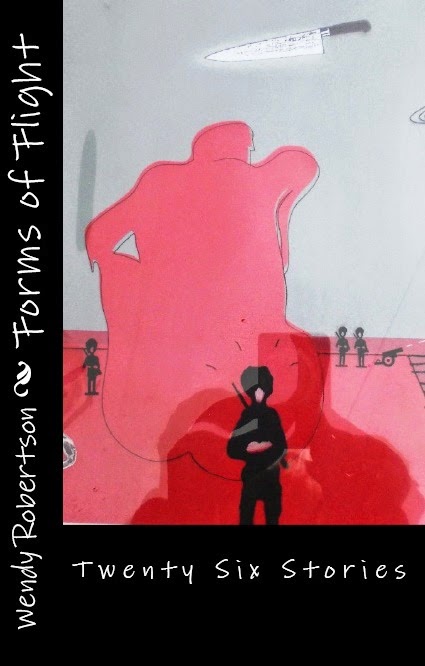Here is a post -script to my post about bicycles in this town (scroll down!)
In that post I included an extract from my new novel Maison Bleue. You will see that the work-in-progress extract from this novel is a fragment of a memoir of a woman who as a girl had worked for the Resistance, who escapes on a bicycle.
How very nice for this writer, then, to receive a note from Laurence Phillips, author of - amongst many other books - of the definitive and engaging (How to be very, very lazy in) Marseillan.
Laurence writes: 'La Vraie Francine'.
'... Four weeks ago, . S. and I walked to the Spring war memorial (Marseillan has 3 memorials) on the allees Roques for the annual service of remembrance for the Resistance. Some surviving members were there laying wreaths to their comrades and one of their number, an elegant grey-haired woman in a light blue coat, made a very strong impression on us both. As we listened to tales of sabotage and sacrifice, We imagined her as a teenage girl in a summer frock and straw hat cycling through the vines around the village, along the canal path to the now abandoned railway line. Just seeing the modest dignity of that woman, and knowing that she could be any of the ladies I nod to in the market or the boulangerie week after week, well, I am sure you know how we felt. So soon after we stood just yards from her, singing the Marseillaise, and feeling so strongly the presence of the brave brave girl she had been, those paragraphs from your new book are greatly appreciated....'
Thank you, Laurence, from one storyteller to another. This convinced me yet again that in fiction we dip into some kind of conscience collective and illuminate some enduring truth.
This is true of 'fact' as well as fiction. So I so identify when, in his book, Laurence Phillips says,'Those villagers who shared their inherited gossip would be first to shrug off a request for back up and even the most respected historian would admit that the events of such a century in such a place might have occurred somewhere quite different at another time altogether ... Each time in its place; each place in its setting; and each personality recalled wherever life was lived at its best...'








